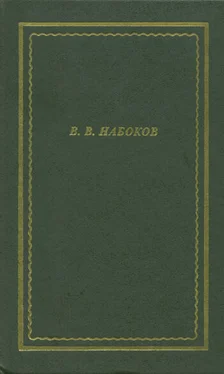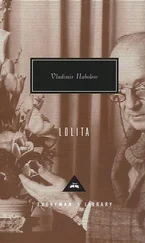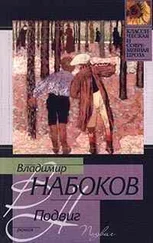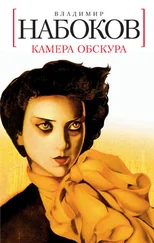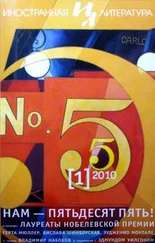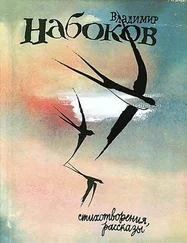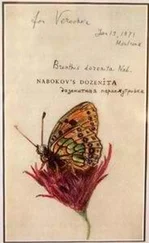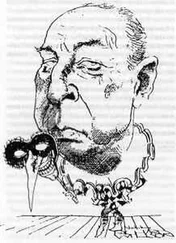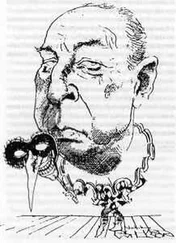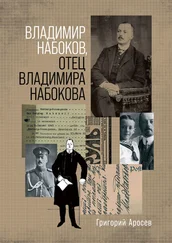<11 апреля> 1942
416. THE REFRIGERATOR AWAKES {*}
Crash!
And if darkness could sound, it would sound like this giant
waking up in the torture house, trying to die
and not dying, and trying
not to cry and immediately crying
that he will, that he will, that he will do his best
to adjust his dark soul to the pressing request
of the only true frost,
and he pants and he gasps and he rasps and he wheezes:
ice is the solid form when the water freezes;
a volatile liquid (see «Refrigerating»)
is permitted to pass into evaporating
coils, where it boils,
which somehow seems wrong,
and I wonder how long
it will rumble and shudder and crackle and pound;
Scudder, the Alpinist, slipped and was found
half a century later preserved in blue ice
with his bride and two guides and a dead edelweiss;
a German has proved that the snowflakes we see
are the germ cells of stars and the sea life to be;
hold
the line, hold the line, lest its tale be untold;
let it amble along through the thumping pain
and horror of dichlordisomethingmethane,
a trembling white heart with the frost froth upon it,
Nova Zembla, poor thing, with that В in her bonnet,
stunned bees in the bonnets of cars on hot roads,
Keep it Kold, says a poster in passing, and lo,
loads,
of bright fruit, and a ham, and some chocolate cream,
and three bottles of milk, all contained in the gleam
of that wide-open white
god, the pride and delight
of starry-eyed couples in dream kitchenettes,
and it groans and it drones and it toils and it sweats —
Shackleton, pemmican, penguin, Poe's Рут —
collapsing at last in the criminal
night.
<28 ноября 1941>
I found it in a legendary land
all rocks and lavender and tufted grass,
where it was settled on some sodden sand
hard by the torrent of a mountain pass.
The features it combines mark it as new
to science: shape and shade — the special tinge,
akin to moonlight, tempering its blue,
the dingy underside, the checquered fringe.
My needles have teased our its sculptured sex;
corroded tissues could no longer hide
that priceless mote now dimpling the convex
and limpid teardrop on a lighted slide.
Smoothly a screw is turned; our of the mist
two ambered hooks symmetrically slope,
or scales like battledores of amethyst
cross the charmed circle of the microscope.
I found it and I named it, being versed
in taxonomic Latin; thus became
godfather to an insect and its first
describer — and I want no other fame.
Wide open on its pin (though fast asleep),
and safe from creeping relatives and rust,
in the secluded stronghold where we keep
type specimens it will transcend its dust.
Dark pictures, thrones, the stones that pilgrims kiss,
poems that take a thousand years to die
but ape the immortality of this
red label on a little butterfly.
<12 января> 1943
Not the sunset poem you make when you think aloud,
with its linden tree in India ink
and the telegraph wires across its pink cloud;
not the mirror in you and her delicate bare
shoulder still glimmering there;
not the lyrical click of a pocket rhyme —
the tiny music that tells the time;
and not the pennies and weights on those
evening papers piled up in the rain;
not the cacodemons of carnal pain;
not the things you can say so much better in plain prose —
but the poem that hurtles from heights unknown
— when you wait for the splash of the stone
deep below, and grope for your pen,
and then comes the shiver, and then —
in the tangle of sounds, the leopards of words,
the leaflike insects, the eye-spotted birds
fuse and form a silent, intense,
mimetic pattern of perfect sense.
<10 июня> 1944
419. AN EVENING OF RUSSIAN POETRY {*}
«…seems to be the best train. Miss Ethel Winter of the Department of English will meet you at the station and…»
From a letter addressed to the visiting speaker
The subject chosen for tonight's discussion
is everywhere, though often incomplete:
when their basaltic banks become too steep,
most rivers use a kind of rapid Russian,
and so do children talking in their sleep.
My little helper at the magic lantern,
insert that slide and let the colored beam
project my name or any such-like phantom
in Slavic characters upon the screen.
The other way, the other way. I thank you.
On mellow hills the Greek, as you remember,
fashioned his alphabet from cranes in flight;
his arrows crossed the sunset, then the night.
Our simple skyline and a taste for timber,
the influence of hives and conifers,
Yes, Sylvia?
«Why do you speak of words
when all we want is knowledge nicely browned?»
Because all hangs together — shape and sound,
heather and honey, vessel and content.
Not only rainbows — every line is bent,
and skulls and seeds and all good words are round,
like Russian verse, like our colossal vowels:
those painted eggs, those glossy pitcher flowers
that swallow whole a golden bumblebee,
those shells that hold a thimble and the sea.
Next question.
«Is your prosody like ours?»
Well, Emmy, our pentameter may seem
to foreign ears as if it could not rouse
the limp iambus from its pyrrhic dream.
But close your eyes and listen to the line.
The melody unwinds; the middle word
is marvelously long and serpentine:
you hear one beat, but you have also heard
the shadow of another, then the third
touches the gong, and then the fourth one sighs.
It makes a very fascinating noise:
it opens slowly, like a greyish rose
in pedagogic films of long ago.
The rhyme is the line's birthday, as you know,
and there are certain customary twins
in Russian as in other tongues. For instance,
love automatically rhymes with blood,
nature with liberty, sadness with distance,
humane with everlasting, prince with mud,
moon with a multitude of words, but sun
and song and wind and life and death with none.
Beyond the seas where I have lost a scepter,
I hear the neighing of my dappled nouns,
soft participles coming down the steps,
treading on leaves, trailing their rustling gowns,
and liquid verbs in ahla and in ili,
Aonian grottoes, nights in the Altai,
black pools of sound with «l» s for water lilies.
The empty glass I touched is tinkling still,
but now 'tis covered by a hand and dies.
«Trees? Animals? Your favorite precious stone?»
The birch tree, Cynthia, the fir tree, Joan.
Like a small caterpillar on its thread,
my heart keeps dangling from a leaf long dead
but hanging still, and still I see the slender
white birch that stands on tiptoe in the wind,
and firs beginning where the garden ends,
the evening ember glowing through their cinders.
Читать дальше
